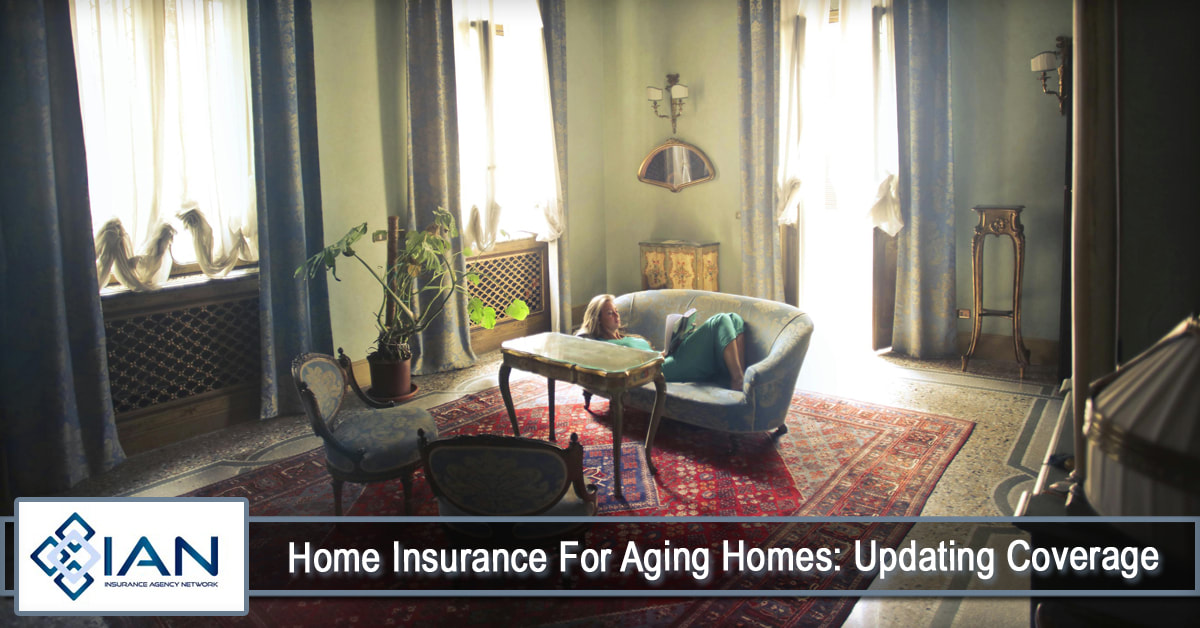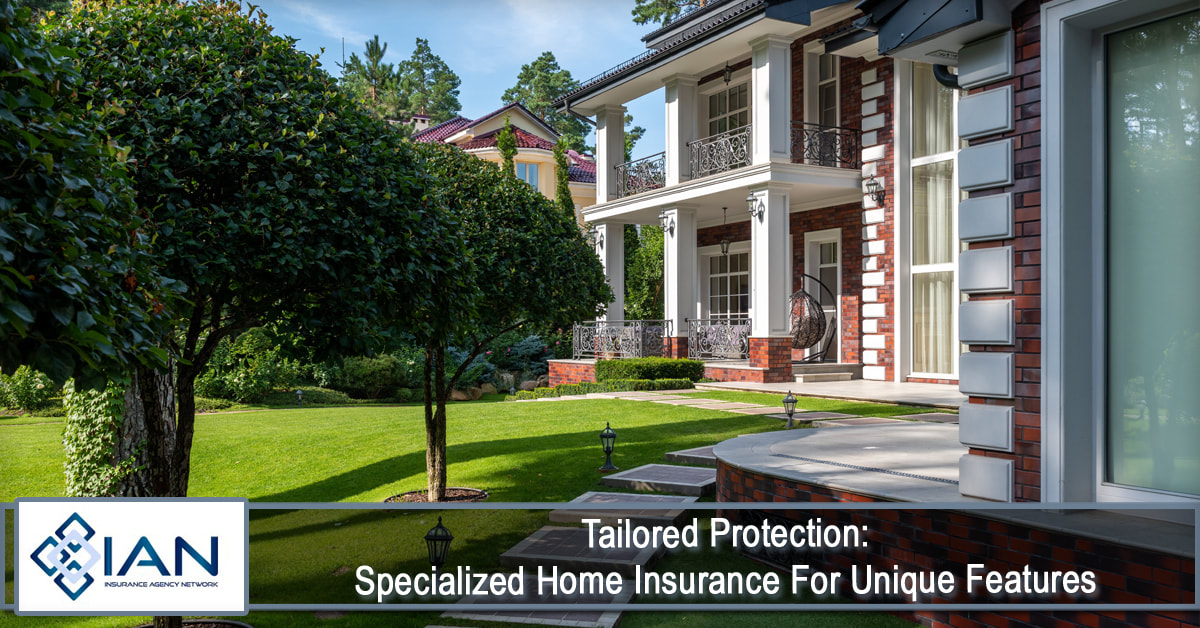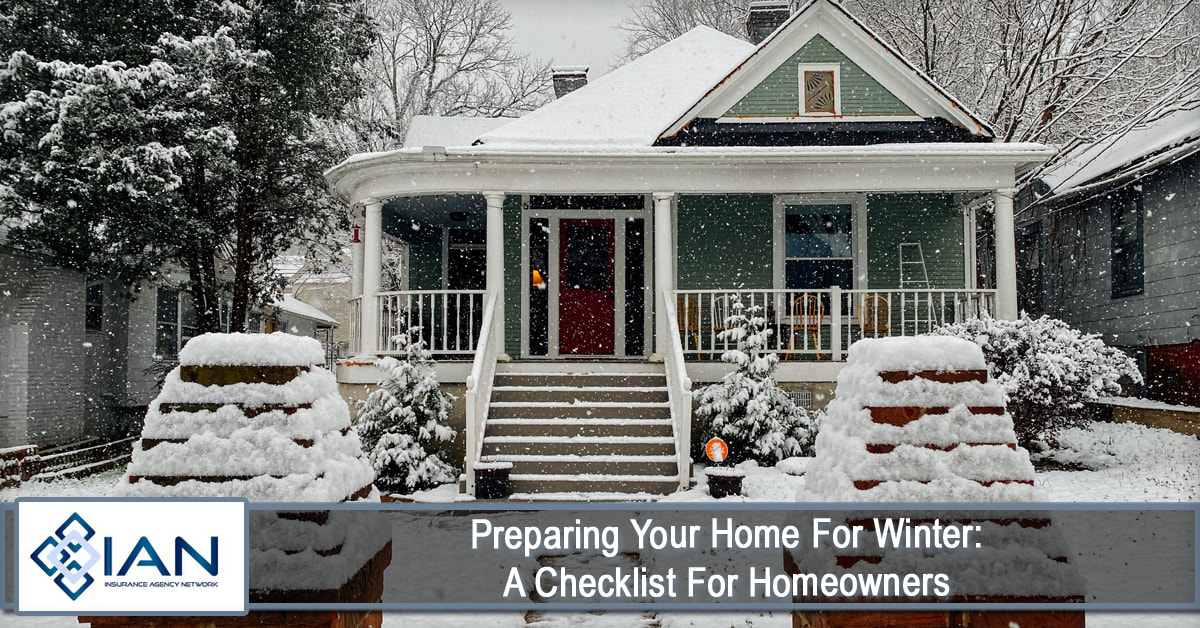INSURANCE AGENCY NETWORK Blog |
|
Water damage can be one of the most frustrating and costly problems homeowners face. Whether caused by a burst pipe, a leaking roof, or a natural disaster, water damage can lead to significant repairs and expenses. Understanding how your home insurance policy covers water damage is crucial for ensuring that you are adequately protected. This article will explore what types of water damage are typically covered by home insurance, what is not covered, and how you can best protect your home and finances.
0 Comments
With the rise of remote work and entrepreneurship, more people are running businesses from the comfort of their homes. However, many home-based business owners may not realize that their standard homeowners insurance policy may not adequately protect their business assets and liabilities. In this article, we'll explore the importance of having appropriate home insurance coverage for home-based businesses, the types of coverage available, and how business owners can ensure they have sufficient protection for their entrepreneurial endeavors.
In recent years, multigenerational living has gained popularity as families come together to share a home. Whether it's adult children moving back in with parents, grandparents living with their children and grandchildren, or any combination thereof, multigenerational living has become a new norm. In this article, we'll explore the concept of multigenerational living, discuss the benefits of designing houses to accommodate extended families, and touch upon the importance of home insurance in these unique living arrangements.
Owning an older home can be a source of pride and charm, with its character and history. However, it also comes with unique challenges, particularly when it comes to home insurance. As homes age, their maintenance needs change, and so do their insurance requirements. In this article, we'll explore the importance of updating your home insurance for aging homes and ensuring you have adequate coverage.
Homes come in a wide variety of architectural styles, each with its unique design elements and historical influences. Whether you're an architecture enthusiast or in the market for a new home, understanding these styles can be fascinating and help you appreciate the diversity of residential design. In this blog, we'll take a journey through some popular architectural styles, from timeless classics to modern marvels.
Your home is a reflection of your personality and lifestyle, and for some homeowners, that means having a property with unique features and characteristics. These distinctive homes may include historical properties, custom-built structures, or architectural marvels that set them apart. However, when it comes to home insurance, standard coverage may not provide adequate protection for these exceptional properties. In this blog, we'll explore the importance of specialty coverage for homes with unique features.
With the colder winter months approaching, it's essential to take proactive steps to ensure your home is ready to withstand the environmental changes. Below, we provide comprehensive instructions on how to prepare your house for winter:
Your home is your haven, but what happens when your property is considered high-risk? In Redmond, Washington, where natural disasters like earthquakes and floods can pose significant threats, securing the right Home Insurance is crucial. In this guide, we'll explore how to obtain Home Insurance for high-risk properties in Redmond, WA, providing you with the peace of mind you need to protect your home.
Vacation homes provide a wonderful escape from the hustle and bustle of daily life. Whether you own a cabin in the woods, a cozy cottage by the lake, or a charming condo in a picturesque location in Redmond, WA, it's crucial to ensure that your second home is adequately protected. This is where home insurance comes into play. In this article, we'll explore the essentials of home insurance for vacation homes.
Home insurance is a critical investment that provides protection for your home and its contents. However, many standard home insurance policies have limits on coverage for high-value items such as jewelry, art, and other valuables. If you have valuable items in your home, it's essential to ensure that they are adequately protected. In this blog, we'll explore how home insurance can cover your jewelry, art, and other valuables in Redmond, WA.
|
Contact Us(425) 448-9190 Archives
June 2024
Categories
All
|











 RSS Feed
RSS Feed


